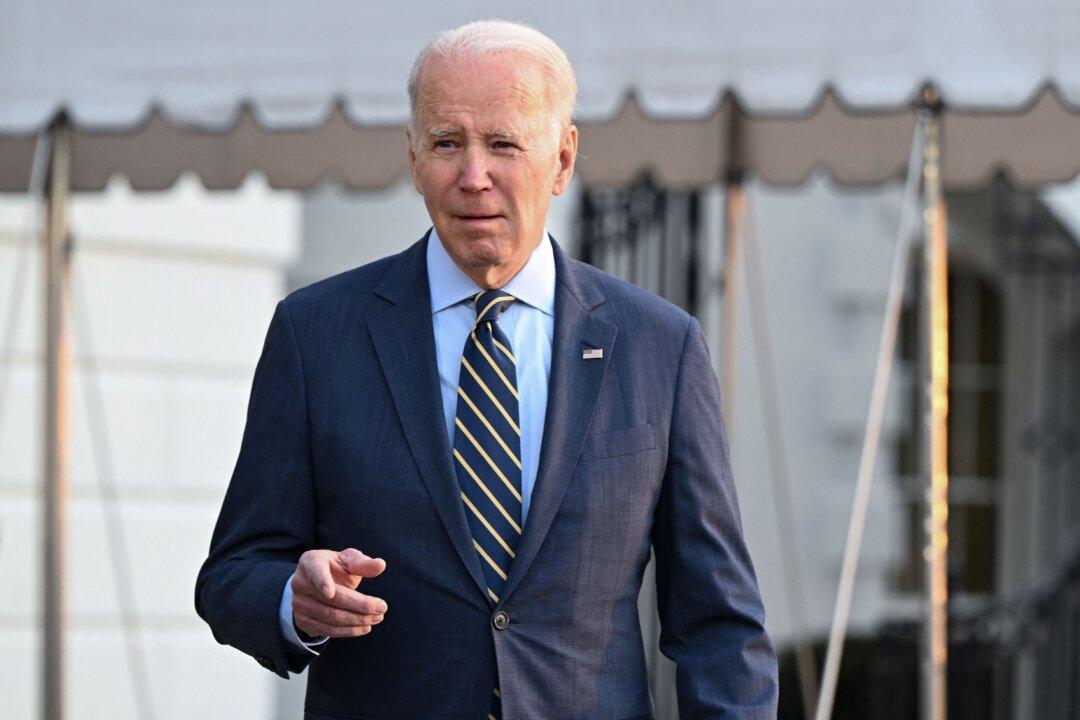President Joe Biden said he was “surprised” when classified documents were found in his former office at a Washington think tank and portrayed it as an honest mistake. However, since other batches have been found at his Delaware residence, pressure has been mounting for an explanation of what’s fast becoming a crisis of credibility for the White House.
From a closet at the Penn Biden Center to a garage where the president keeps his classic Corvette, the discovery of sensitive materials has sparked public interest and drawn legal scrutiny.





